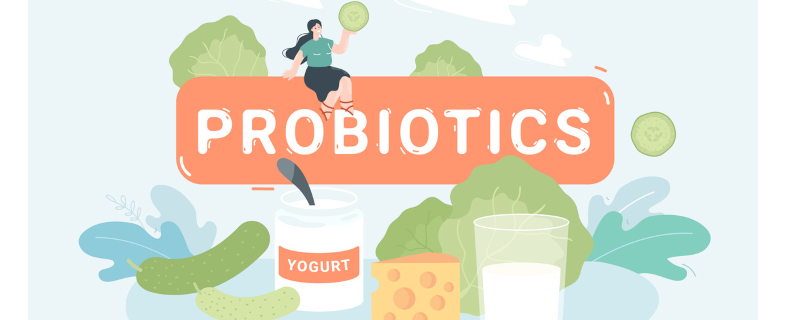Okemos, Lansing, East Lansing MI
Now more than ever before, patients are using probiotics as a supplement to their regular diet to improve their health. Essentially good bacteria, probiotics can be taken orally like vitamins; they also can be found in certain foods, with yogurt being the most popular example. You probably know about probiotics and their beneficial qualities, but can these benevolent bacteria also boost your oral health? And, if you already are taking probiotics, do you know how to make the most of them? Okemos’ award-winning dentist Dr. Christine Tenaglia explores that topic in greater detail, today on the blog.
What are dental probiotics intended to do?
Probiotic supplements contain beneficial microorganisms and yeast that already exist in our bodies. These supplements foster additional growth of good bacteria and microorganisms. Dental probiotics promote eliminating the bad bacteria and improve the state of balance in the oral microbiome. Some varieties of toothpaste and mouthwash now contain dental probiotics; they also are available for purchase in the form of dissolvable lozenges or chewable tablets. If you begin to take dental probiotics, you can start seeing some of the benefits of these supplements in as little as one week.
Dental probiotics are promoted to help with a wide array of oral conditions, including:
- Bad breath, clinically known as halitosis;
- Gum disease;
- Tooth decay;
- Tonsillitis;
- Less likelihood of oral infections or oral yeast infections, such as thrush.
Two studies released in 2020 suggest that oral probiotics may even prevent the growth of oral cancer, although more research must be done to establish a proven link.
Are oral probiotics found in food?
Certain foods also are touted to contain natural oral probiotics.
Examples include:
- Yogurt;
- Cultured cottage cheese;
- Sauerkraut;
- Pickles or other pickled vegetables;
- Dark chocolate;
- Almond butter;
- Mangos;
- Sourdough bread;
- Kombucha, a fermented tea;
- Miso
Do oral probiotics work?
Yes, they do! And not only do these supplements encourage proliferation of beneficial bacteria, they also create benevolent biofilms that replace the ones that may have formed from bad bacteria. These positive biofilms encourage healthy teeth and gums, reduce inflammation and also make it more difficult for bad bacteria to accumulate again.
The probiotic-prebiotic connection
Whether you are consuming your probiotics as supplements or as part of your normal diet, your menu also needs to include foods rich in prebiotics in order to maximize the probiotic effects. Prebiotics contain fiber that fuels probiotic bacteria.
Foods that serve this prebiotic quality include:
- Onions;
- Bananas (the greener the better);
- Apples;
- Cocoa;
- Chicory root;
- Asparagus;
- Artichokes;
- Garlic.
Comprehensive oral care in Okemos, Lansing and East Lansing in Michigan
If you are interested in learning more about oral probiotics and if you can benefit from them, then Dr. Christine Tenaglia can answer any questions you may have. She has been serving her community for more than a quarter century. If you are seeking a new dentist, enjoy the state-of-the-art care from the practitioner who has been named Okemos favorite dentist. Schedule your initial consultation at Tenaglia Smiles today. Just call our office at (517) 347-6733 or complete our convenient contact form on our website.

